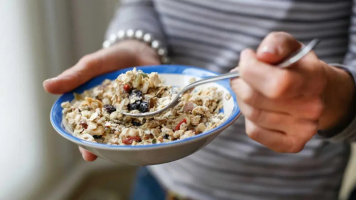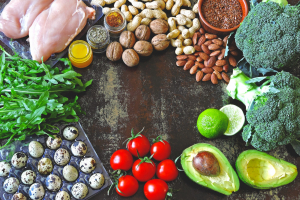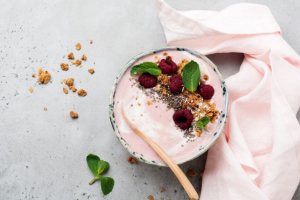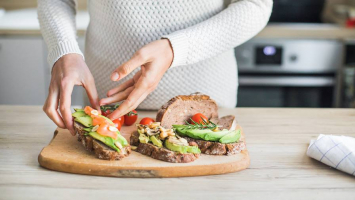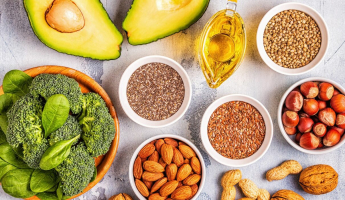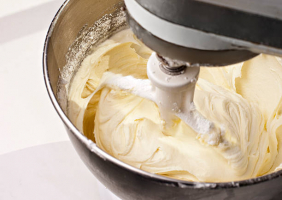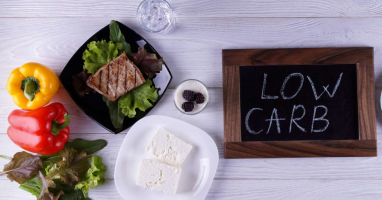Top 10 Natural Ways to Improve Your Insulin Sensitivity
Insulin is a hormone that help in the transport of sugar from the bloodstream to the cells for storage. When cells become resistant to insulin, high blood ... read more...sugar follows, and if this situation continues, it can lead to a variety of diseases, including heart disease, and type 2 diabetes. Below are some of the Natural Ways to Improve Your Insulin Sensitivity that you can refer to!
-
Soluble and insoluble fibers are the two types of fiber available. Insoluble fiber is primarily used as a bulking agent to help in the passage of stool through the intestines. Meanwhile, soluble fiber is responsible for many of fiber's health benefits, such as lowering cholesterol and hunger suppression.
A relationship between high soluble fiber intake and enhanced insulin sensitivity has been discovered in some research. In a study of 264 women, researchers discovered that those who ate more soluble fiber had considerably lower levels of insulin resistance. Soluble fiber also helps in the feeding of beneficial bacteria in the gut, which has been related to improved insulin sensitivity. Foods that are rich in soluble fiber include legumes, oatmeal, flaxseeds, vegetables like Brussels sprouts, and fruits like oranges.
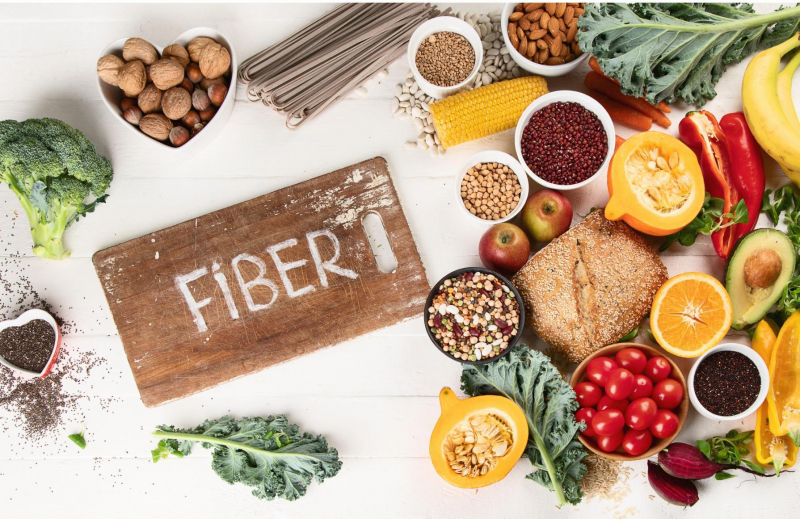
Eat more soluble fiber 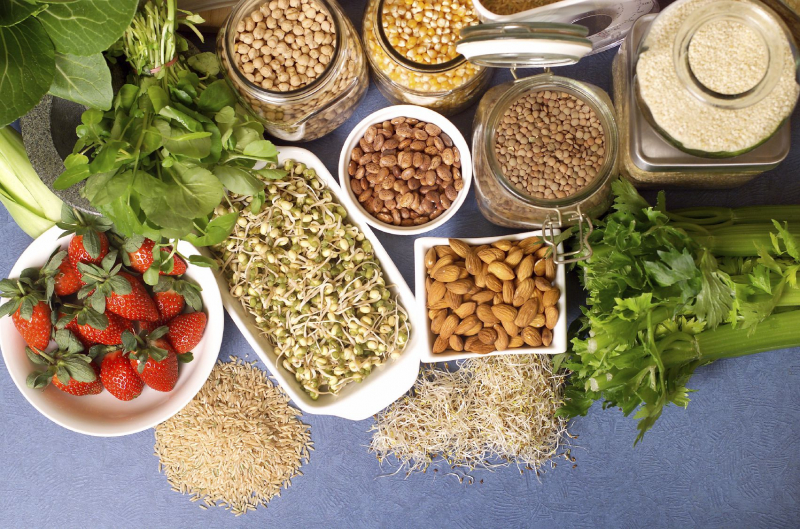
Eat more soluble fiber -
The pancreas releases insulin to transfer sugar from the blood into the cells when the body transforms carbohydrates into sugar and releases it into the circulation.
Reducing your carbohydrate consumption may help you improve your insulin sensitivity. This is because high-carbohydrate diets cause blood sugar to surge, putting more strain on the pancreas to eliminate sugar from the blood. Another way to improve insulin sensitivity is to spread your carb intake out throughout the day. Smaller carbohydrate portions consumed throughout the day give the body less sugar at each meal, which makes insulin's job more efficient. It's also crucial to choose the right carbohydrates. Carbs with a low glycemic index (GI) are the greatest because they slow the release of sugar into the bloodstream, allowing insulin to work more effectively. Sweet potatoes, brown rice, quinoa, and several forms of oatmeal are low-GI carb sources.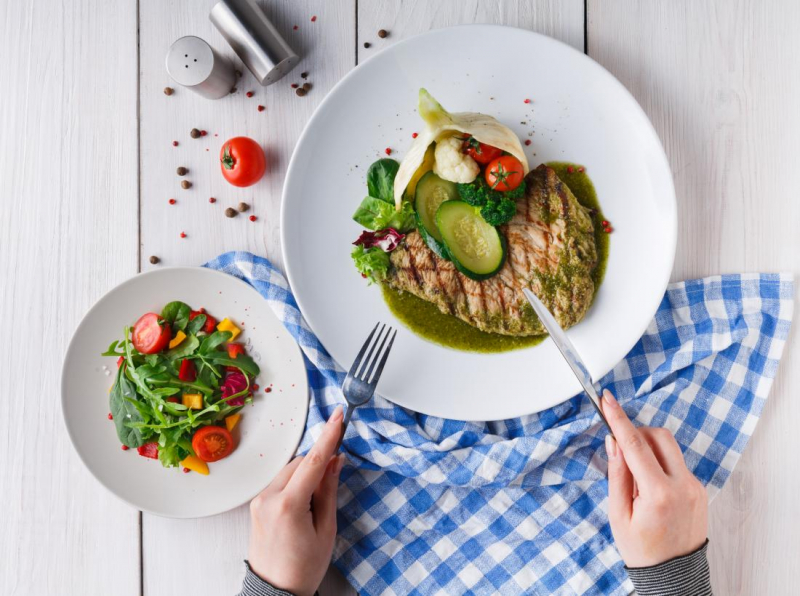
Cut down on carbs 
Cut down on carbs -
The ability of your body to regulate blood sugar is influenced by stress. It boosts the synthesis of stress hormones like cortisol and glucagon, causing the body to go into "fight-or-flight" mode.
Glycogen, a type of stored sugar, is broken down by these hormones into glucose, which enters your bloodstream and is used by your body as a quick source of energy. Unfortunately, ongoing stress raises stress hormone levels, which accelerates the nutrient breakdown and raises blood sugar levels. The body becomes more insulin resistant as a result of stress hormones. This prevents nutrients from being stored and makes them more easily accessible for energy use in circulation. In fact, high amounts of stress hormones have been shown in many studies to impair insulin sensitivity. Reduced insulin sensitivity, on the other hand, can be harmful to people today who are under chronic stress. Meditation, exercise, and sleep are all excellent techniques to reduce stress and improve insulin sensitivity.

Reduce stress 
Reduce stress -
One of the most effective ways to improve insulin sensitivity is to exercise regularly. It helps in the storage of sugar in the muscles and promotes an immediate increase in insulin sensitivity that lasts 2–48 hours, depending on the workout.
One study demonstrated that cycling on a machine at a moderate pace for 60 minutes boosted insulin sensitivity in healthy adults over 48 hours. Insulin sensitivity is improved by resistance training. It has been shown in some trials to improve insulin sensitivity in both men and women with and without diabetes. For example, a study of overweight and diabetic men revealed that when they did resistance training for three months, their insulin sensitivity improved, regardless of other factors like weight loss. While both aerobic and resistance exercise improve insulin sensitivity, it appears that combining the two in your routine is the most beneficial.

Exercise more 
Exercise more -
Excess weight reduces insulin sensitivity and raises the risk of type 2 diabetes, especially in the belly. This can be done in a variety of ways, including the production of hormones that promote insulin resistance in the muscles and liver.
Many studies have found a correlation between having more belly fat and having worse insulin sensitivity. Fortunately, lowering weight is a proven method for reducing belly fat and improving insulin sensitivity. If you have prediabetes, it may also help you lower your risk of developing type 2 diabetes. People with prediabetes who dropped 5–7% of their total weight over 6 months lowered their risk of type 2 diabetes by 54% for the next three years, according to one research from Johns Hopkins University.

Lose a few pounds 
-
The difference between added sugars and natural sugars is significant. Natural sugars may be found in plants and vegetables, which also contain a variety of other nutrients. Added sugars, on the other hand, are found in highly processed foods.
High-fructose corn syrup and table sugar, often known as sucrose, are the two major forms of sugar used in the production process. Both have a fructose content of about 50%. Increased fructose intake has been linked to increased insulin resistance in people with diabetes, according to some research. The effects of fructose on insulin resistance also appear to affect people who do not have diabetes, according to a study of 29 research including a total of 1,005 people who were slightly overweight or obese. The researchers discovered that eating a lot of fructose for fewer than 60 days enhanced liver insulin resistance regardless of overall calorie consumption. Foods with a lot of added sugar have a lot of fructose in them. Candy, sugar-sweetened drinks, cakes, cookies, and pastries are all examples of this.
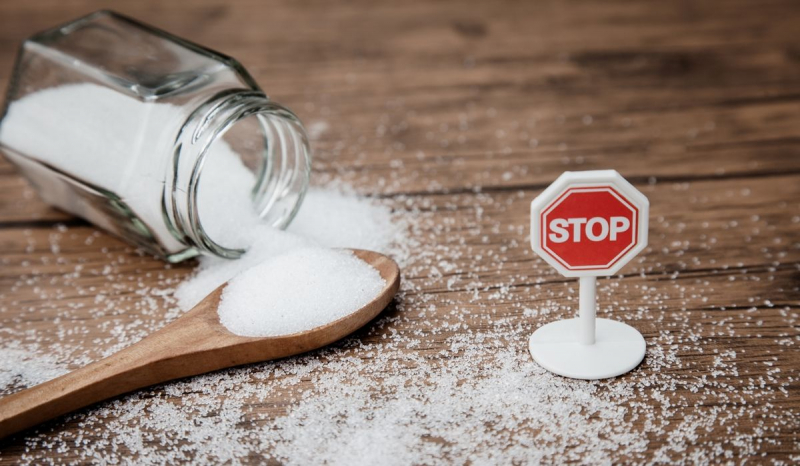
Reduce your intake of added sugars 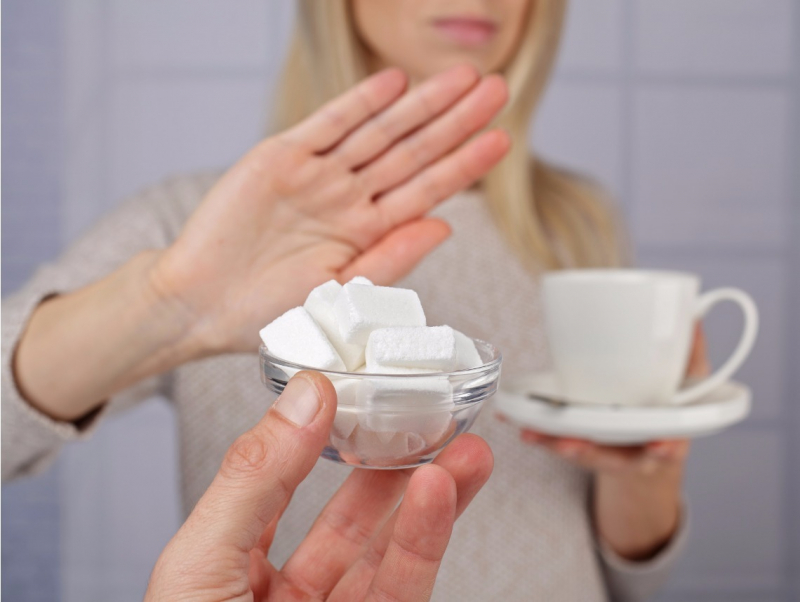
Reduce your intake of added sugars -
Green tea has long been recognized for its health benefits, including enhanced insulin sensitivity in type 2 diabetics. Green tea was studied not just for its benefits on insulin resistance, but also for its impact on cognitive disorders including memory loss, which has been linked to poor diet.
Green tea use has been shown in several studies to improve insulin sensitivity and lower blood sugar levels. A study of 17 studies, for example, looked into the effects of green tea on blood sugar and insulin sensitivity. Green tea consumption was found to lower fasting blood sugar levels and improve insulin sensitivity. Green tea's health benefits might be due to the potent antioxidant epigallocatechin gallate (EGCG), which has been shown in some studies to improve insulin sensitivity.
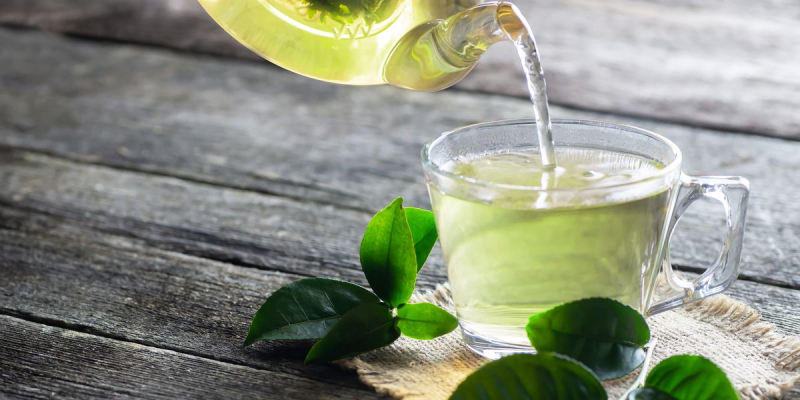
Drink more green tea 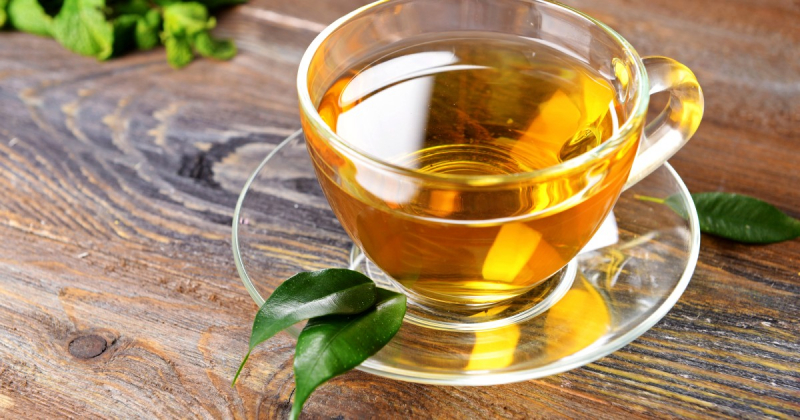
Drink more green tea -
Long before they were utilized in cooking, herbs and spices were used for their therapeutic benefits. Scientists didn't start looking at their health-promoting properties until the last few decades. Fenugreek, turmeric, ginger, and garlic are some of the herbs and spices that have shown promise in increasing insulin sensitivity.
- Fenugreek seeds: They have a lot of soluble fiber, which helps insulin work better. You can eat them whole, as an extract, or even baked into bread will aid with blood sugar control and insulin sensitivity.
- Turmeric: Curcumin, an important ingredient in this spice, has high antioxidant and anti-inflammatory properties. It appears to improve insulin sensitivity by lowering blood sugar and free fatty acids.
- Ginger: Increased insulin sensitivity has been related to this popular spice. Gingerol, the main ingredient, has been shown in studies to increase sugar intake by making sugar receptors on muscle cells more accessible.
- Garlic: Garlic appears to boost insulin secretion in animal studies and has antioxidant properties that promote insulin sensitivity.
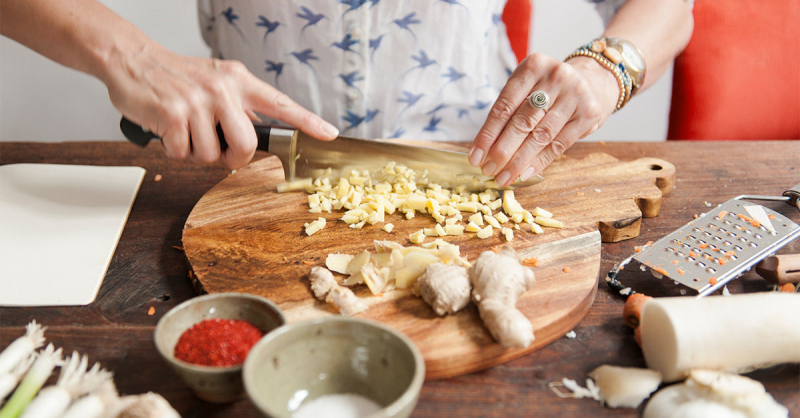
Add herbs and spices to your cooking 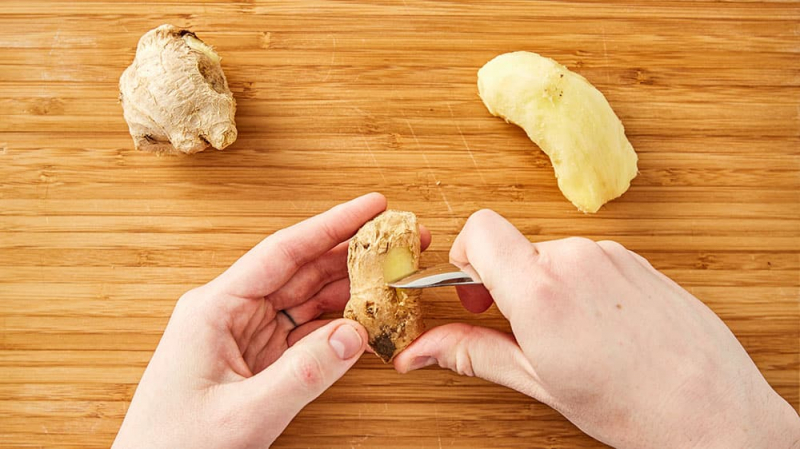
Add herbs and spices to your cooking -
Cinnamon is a delicious spice that is high in plant compounds. It's also renowned for lowering blood sugar levels and improving insulin sensitivity.
Consuming 1/2–3 teaspoons (1–6 grams) of cinnamon daily, for example, significantly decreased both short- and long-term blood sugar levels, according to one meta-analysis. Cinnamon may improve insulin sensitivity by helping glucose receptors on muscle cells to become more available and efficient in transporting sugar into the cells, according to research. Cinnamon contains compounds that can mimic insulin and act directly on cells, according to some research. An oral cinnamon extract (Cinnulin PF, 1 g/day) resulted in a substantial decrease in fasting glucose and insulin resistance during an 8-week treatment period.
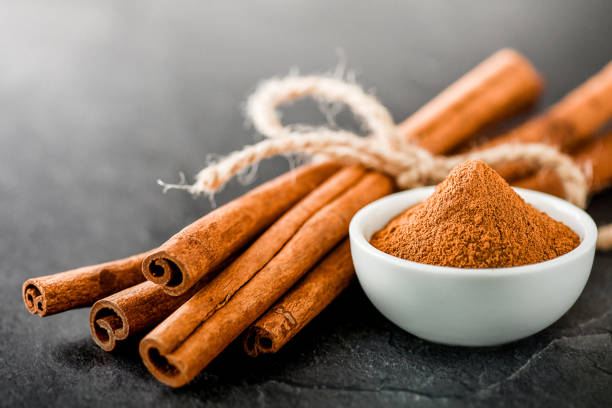
Add a pinch of cinnamon 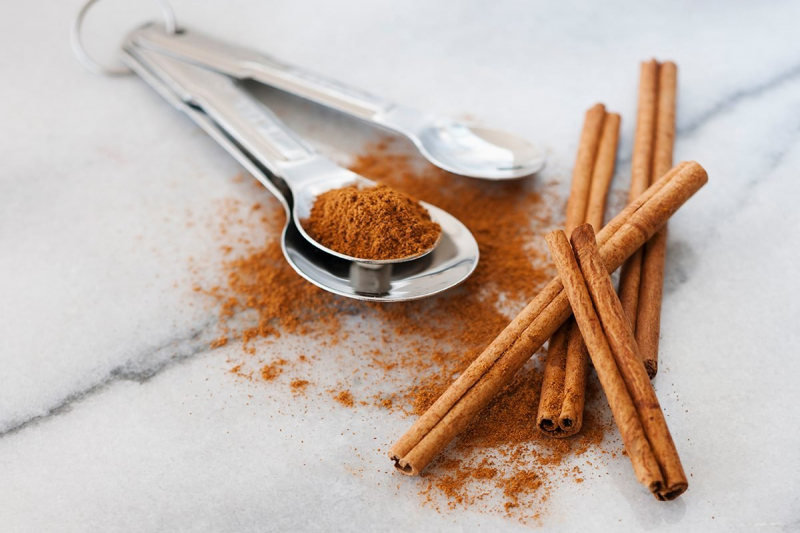
Add a pinch of cinnamon -
Vinegar is a liquid that may be used in a variety of ways. You may use it to clean with and as a cooking ingredient, among many other things. It's also a significant component in apple cider vinegar, a favorite beverage among natural health lovers.
Apple cider vinegar, according to scientists, has the ability to affect various forms of diabetes in a variety of ways. Some research, such as this 2018 review, identified a relationship between apple cider vinegar and lower blood glucose levels. Vinegar may improve insulin sensitivity by lowering blood sugar and increasing insulin efficiency. Individuals with insulin resistance who drank diluted cider vinegar before eating had a slower increase in blood sugar after consuming starchy carbs, according to research. In one study, drinking apple cider vinegar raised insulin sensitivity by 34% in insulin resistant people and 19% in those with type 2 diabetes following a high carb diet.
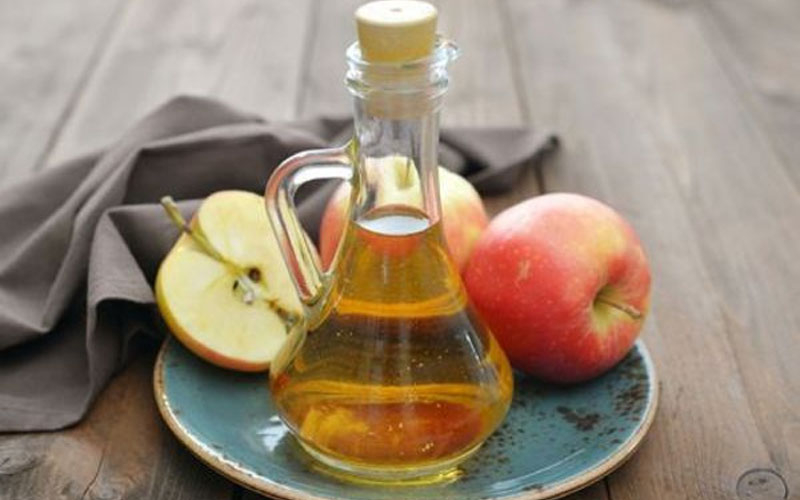
Try apple cider vinegar 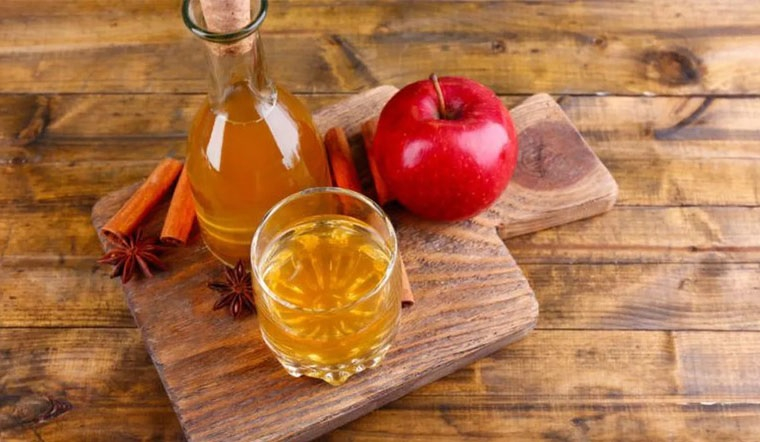
Try apple cider vinegar













